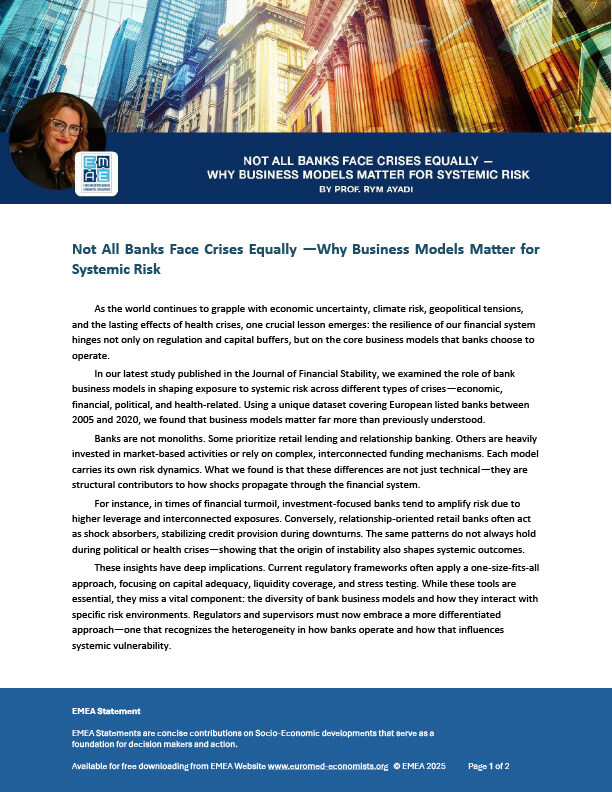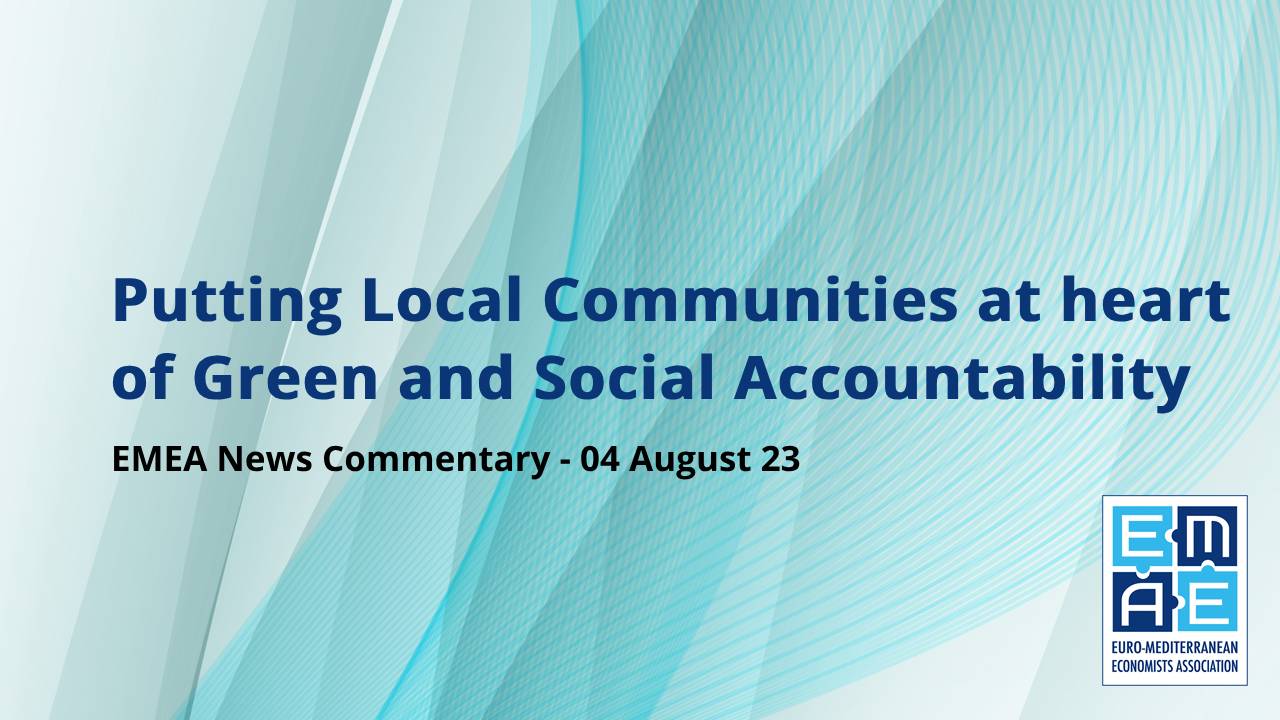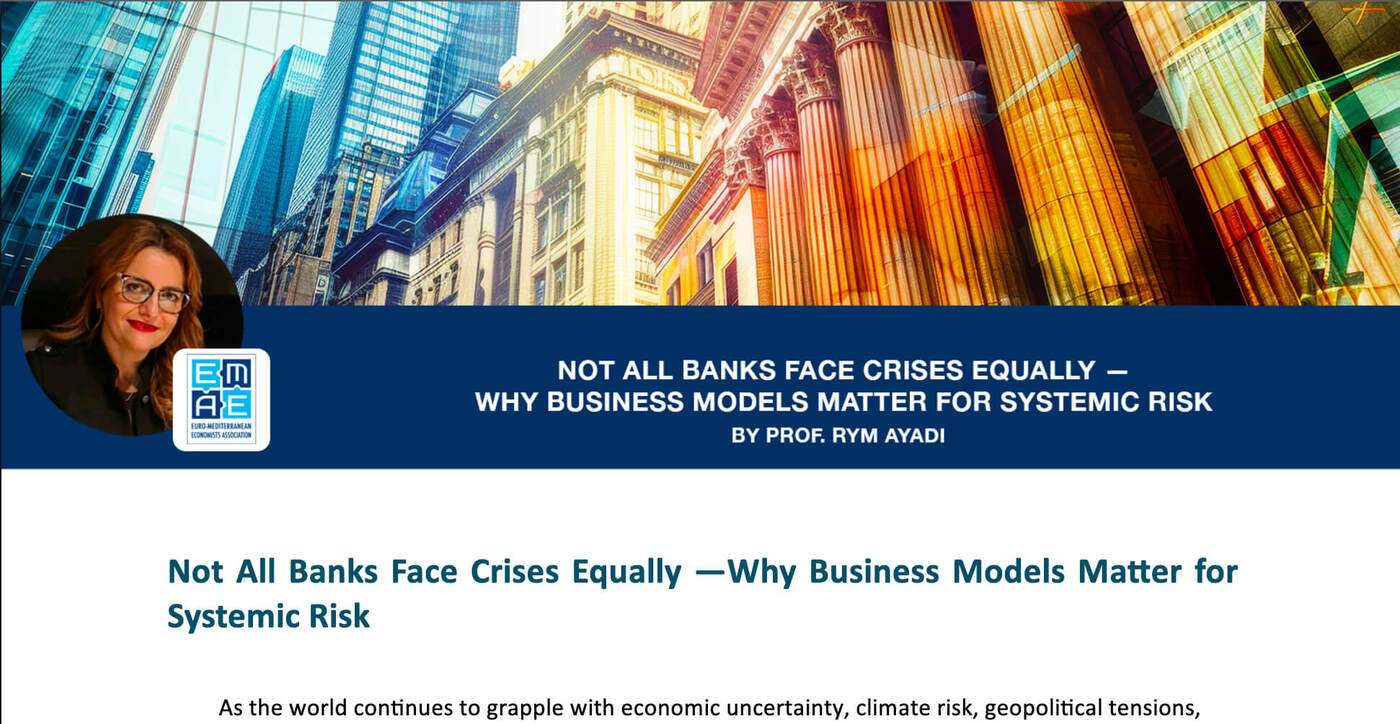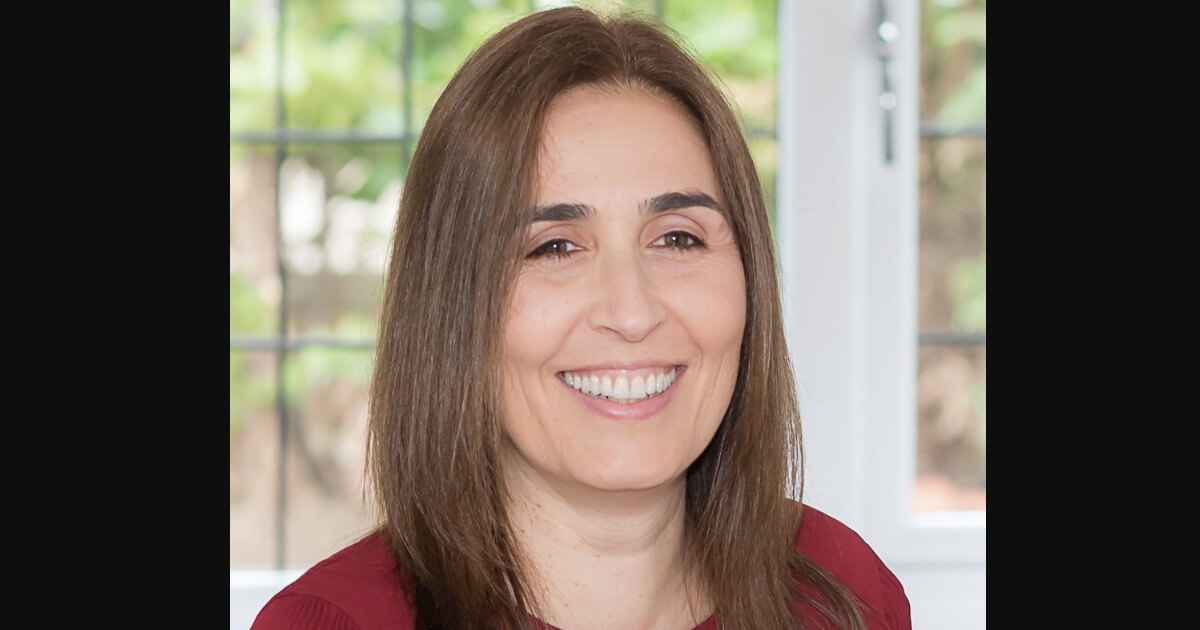To ensure the productive use of the US$1 trillion being spent worldwide every year on climate change, the key issues of transparency, equity and inclusion must be central to any decision-making process, according to a recent blog published on the World Bank website.
For the climate crisis to be properly addressed, green accountability must be at its heart – which would mean harnessing local expertise and the agency of those most affected by climate impacts.
The article said there needed to be a sevenfold increase in climate finance in developing countries and for green accountability to work “systemic ways for people to have a voice and role in climate decisions that most impact their lives” would be required.
A joint approach for sustainable growth
Referencing the positive role of The Global Partnership for Social Accountability (GPSA), for “effective and equitable climate action”, citizens and civil society should play a pivotal role in where funding was directed, implementing solutions and holding decision-makers to account.
A joint approach which took into account both the supply and demand side of governance, would reduce carbon emissions, build resilience and pave the way for more inclusive and sustainable growth, said the commentary.
“We need a participatory and transparent architecture for climate finance that truly puts people at the centre of the agenda,” the article advocated.
But it warned that existing transparency guidelines and accountability standards within the Paris Agreement weren’t suitable for governing the large influx of climate financing – especially for large-scale green infrastructure.
Using innovation and technology
Lessons could be learned from groups like the Climate Finance Group for Latin America, who have pioneered ways of tracking climate finance, to empower communities to demand more and faster climate action.
Digital innovation could also play a major part in scaling engagement, whilst AI and machine learning approaches could “produce real-time curated insights to shape climate finance to be responsive to citizen needs and ensure the quality of outcomes.”
In addition to monitoring and tracking, green accountability would empower communities to encourage more open and collaborative institutions.
Projects to mitigate against climate risk could be designed with dual-use capacity, to benefit recipient communities in multiple ways; for example, building cyclone shelters that could also act as community centres.
It noted that progress was already being made under the Principles for Locally Led Adaptation. This involved indigenous communities being put in charge of the design and implementation of local projects. The World Bank had supported a scheme which was being piloted nationally across Kenya. A household survey had suggested the programme had ensured there was a dramatic increase in access to sustainably sourced clean water.
In situations where the reforestation of millions of hectares was being considered, this couldn’t be achieved without specialised local knowledge, active participation and local community oversight, the article said. “As we work to enhance accountability and empower communities, we must recognise the vast expertise within civil society that has already proven its ability to effectively engage in climate action at the community level.”
Who controls the finances?
Meanwhile, the World Economic Forum (WEF) has supported the view that green accountability creates more equitable climate financing – whilst advising that much still needs to be done. According to WEF, despite safeguarding 80% of the world’s remaining biodiversity, presently indigenous groups globally only received around 1% of climate finance.
And WEF warned of the danger that “local elites or rapacious corporations would co-opt the trillion of dollars now flowing into lower and middle-income countries to avert climate disaster.”
A green accountability model would “help communities participate in and ensure greater inclusion and equity of climate finance within their societies.”
The organisation cited areas on the frontline of the climate crisis, such as West Africa, where the effects of climate change-induced droughts and rains were leading to displacement and conflict, with people joining jihadists because their livelihoods in agriculture were being destroyed.
Whilst the money was being diverted to places like Mali, it was “not nearly enough to deal with the problems.” Despite the public and private sectors mobilising unprecedented levels of financing to address crisis-hit regions, local populations were being excluded.
WEF said less than 10% of climate funding was prioritised towards local activities. Aid-giving institutions had not done enough to demonstrate to governments, businesses and citizens that there were different and more effective ways of channelling climate resources through “green accountability.”
Green accountability placed citizens and civil society at the heart of climate finance to direct funding, implement solutions and hold decision-makers accountable for effective and equitable climate finance and action, said WEF. This would co-create and oversee climate prevention, mitigation and adaptation efforts and help reduce corruption.
Building on the Paris Agreement
WEF also pointed out that the basis for more coherent green accountability existed within Article 13 of the Paris Agreement, which advocated building trust amongst parties and promoting effective implementation, providing the ability to track progress towards climate goals.
Nevertheless, this didn’t go far enough “in placing broad, global standards for accountability, monitoring the transparency of climate finance or ensuring meaningful participation of communities in the process.”
Initiatives like the After the Pandemic (ATP) tool in Glasgow and Climate Assemblies (CA) in places such as Paris and Hanoi, along with Green Participatory Budgeting in Lisbon, had shown that climate solutions were more effective and sustainable when communities were at the heart of design and oversight.
Greening social accountability for climate finance (worldbank.org)
Green accountability creates more equitable climate finance | World Economic Forum (weforum.org)





